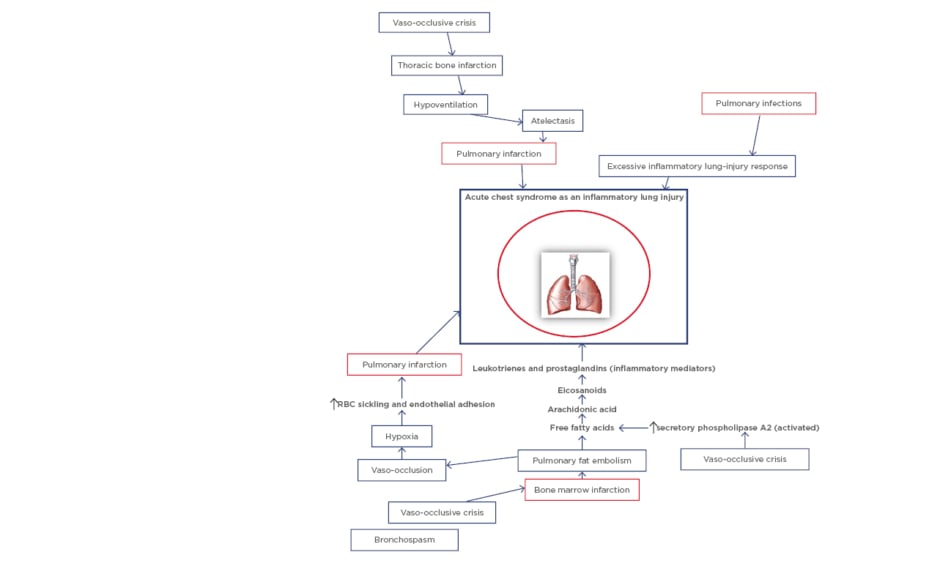A new study highlights the significant role that social determinant of health (SDoH) play in the health outcomes of preschool-aged children with sickle cell disease (SCD), even when these children receive evidence-based treatments like hydroxyurea and chronic transfusions. Despite ongoing medical interventions and social support, the study found that factors such as limited access to food, transportation, and low-income households contribute to higher acute care utilization (ACU)—including emergency department visits and hospitalizations.
The research, which focused on children aged 0 to 6 years living in socioeconomically distressed neighbourhoods, revealed that children residing more than a mile away from a supermarket were more likely to experience hospitalizations and acute complications related to SCD. In fact, living in such areas increased the likelihood of hospitalizations by 44% and overall acute care utilization by 37%. Conversely, children in households where at least one parent held a bachelor’s degree experienced fewer hospitalizations and less acute care utilization, suggesting that family education level may offer a protective effect.
This study underscores the importance of understanding how SDoH—factors beyond medical care—can exacerbate disease severity in vulnerable populations. It calls for tailored interventions that not only address medical needs but also consider the broader socioeconomic environment, in order to improve health outcomes for children with SCD. Future research will need to explore additional factors, such as overcrowding and healthcare access, to gain a more comprehensive understanding of the impact of SDoH on pediatric SCD patients.
Reference
Khan H et al. Social Determinants of Health Affect Disease Severity Among Pre-School Children with Sickle Cell Disease. Blood Advances. 2024;DOI:10.1182/bloodadvances.2023012379.







